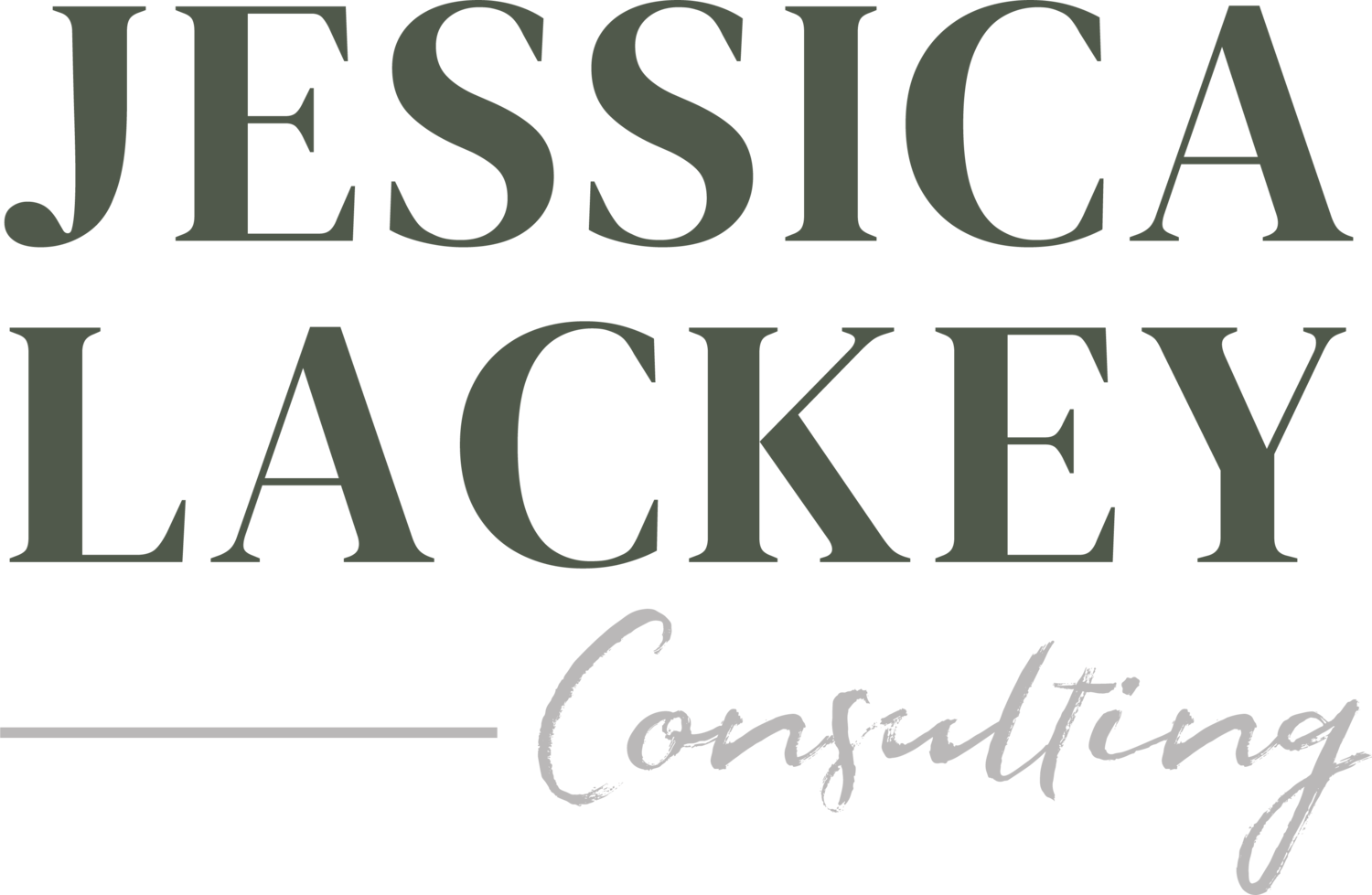The 4 Critical Parts of your Calendar
The most important part of work is not your “hands-on-keyboard” time.
We think the doing is what creates value. And, related to work deliverables, sure, yes, that is important and what’s valuable for your company or client.
But the most valuable part of your knowledge work is knowledge and your unique thinking - and the space required to have new ideas, to have new thoughts, to vision more than is available for you now.
Is your calendar set up for the most important work? Probably not.
Your calendar likely contains meetings, appointments, and maybe some work blocks. (And if you’re like “corporate me”, those generic work blocks inevitably get overwritten by meetings or things that pop up).
There might be some white space sprinkled in…
And what tends to fill the white space?
Email, Social Media, Group Chat…. the minutiae of life.
But you’re missing the 4 most important parts of your calendar.
These 4 parts are what both replenishes you as a human AND sets you up to be more in flow.
Active Recovery and Light Movement: This is what real rest looks like. Active Recovery processes include stretching, sauna, massage, mindfulness practices, art or dance, being in nature, or walking without music or podcasts. Having an end of work ritual where you thoughtfully shut down, plan your next day, and then do some deep grounded breathing to transition. Light movement is going for a walk, dancing, painting, gardening, cooking… anything where your conscious can turn off and you activate your conscious and subconscious. (Note what’s missing here? TV and Social Media - it’s too stimulating for active recovery.)
Novelty and Fun: We notice more when we are in new environments - and noticing and learning is what helps us move into flow. It helps us build patterns and can counterintuitively increase focus because you are triggered to train your attention in that environment. When’s the last time you planned a fun outing for yourself or someone else?
Sh*t Goes Sideways Time: Something will always happen, you just don’t know what it is. But by planning for buffer time within your calendars and task lists, you can be honest what you can actually get done in a week and communicate accordingly.
Weekly Planning: The way you create time for rest, recovery, creativity and strategic thinking is by having dedicated time to plan our weeks and ensure those other commitments are planned first.
Space to reconnect to your vision.
Narrowing down the todo list and being honest about what can get done.
Getting radically focused on what to work on to create leverage in your life - even down to clear outcomes for your work blocks.
Scheduling time for that rest, recovery, and fun.
Ruthlessly eliminating or mitigating what is distracting you and cluttering up your time and attention.
What parts of your calendar need more tending?
If you want to plan your month in a supportive, grounded environment, join us at a future Monthly Planning event. See the full event calendar here.
